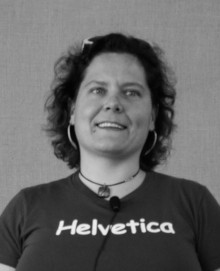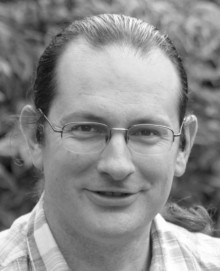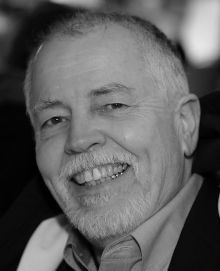freenode #live
freenode #live is a community-focused live event designed to build and strengthen relationships between Free and Open Source Software (FOSS) developers and users. freenode live seeks to raise awareness of and promote FOSS alternatives to proprietary software. Facilitating face-to-face interaction, creative workshops, talks and think tanks, freenode #live will bring developers and users together in a nurturing and dynamic environment stimulating the free exchange of ideas and information while fostering cross-project collaboration and dialogue for innovation.
freenode has been supporting free and open source software and other peer-directed project communities since 1998, and we are excited to now be able to invite you to the second annual freenode #live conference.
We would like to thank Bytemark, Falanx, openSUSE, Private Internet Access, Ubuntu and Yubico for supporting last year’s event, and we also want to welcome PIA back as the lead sponsor again in 2018! Get in touch with us via e-mail to [email protected] if you would like to find out about sponsorship opportunities for 2018!
Replay the Talks



























